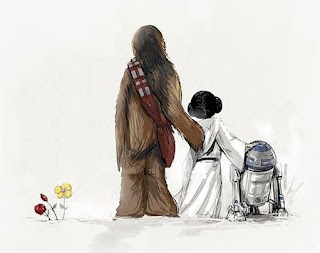 I'm currently recovering from a dislocated shoulder that involved a small fracture.
I'm currently recovering from a dislocated shoulder that involved a small fracture.It happened while I was playing baseball last Saturday. Yes, that's something I'm doing this year but haven't told you about. I'm playing third base for my team, and in an attempt to make a sparkling defensive play for the third consecutive inning (if I do say so myself), I dove for a ball that was hit to my left, between myself and the shortstop. I probably had no business making the dive, considering that I was unlikely to reach the ball in the first place, and then would have to get back on my feet and make a good throw to first to have any chance on the runner. But made the dive I did, and heard a snap or a crackle or a pop when my elbow hit the ground. I couldn't lift my glove arm and writhed in pain.
The shoulder popped back in at the hospital before the doctor had even seen me, and I kind of thought that was that. But it turns out dislocations are no laughing matter, and then it also turns out the bone fractured, which I hadn't thought was a possibility despite the snap-cracking sound. If an actual fracture had occurred, I expected more than the dull pain that I attributed just to the dislocation. Since I'd never previously broken a bone in my whole life, I had nothing to compare it to.
Long story short, I missed work all last week, had my arm in a sling that it will be in for another three weeks, and cannot drive for two more weeks beyond that.
Having set the context for you, I have a story that will probably end up a lot shorter than the setup.
I spent the first few days migrating between the couch and the bed, but a shoulder injury isn't the kind of thing that prevents you from going out, or even needing much additional sleep. So by Tuesday I was eager to get out indeed. After dropping the kids off at school, I took in a 10:20 a.m. screening of All is True, then repaired to the library for a couple hours after lunch.
Spending the afternoon reading would have been idyllic, but I'm really struggling with the book I'm becoming less certain I should be determined to finish, so that was no way to really relax. Besides, I had a funny idea of something to do that I hadn't done before: watch a library movie without actually borrowing it.
I was returning four movies and had considered bringing a fifth I hadn't watched, but could return after watching it that afternoon. I forgot to pack it in the end, but that was just as well, as I had more than a thousand other movies to choose from, and I'd never even need them to leave the building.
So I perused as far as P before choosing Philomena for its under 100-minute running time. It's also one of only three best picture nominees from the past decade I hadn't seen (Extremely Loud & Incredibly Close, The Theory of Everything). Plus it just seemed like the right movie for this context.
So I watched it. Then just filed it back in the P section of the shelf and went on my merry way. End of story.
I did quite enjoy Philomena, which has whiffs of what we used to call a "Lifetime movie," only it's done really well. Stephen Frears, Judi Dench and Steve Coogan are no slouches. (And it was a bit of a Dench double feature as she's also in All is True.)
I'd love a repeat of this type of thing this week, but it looks like I'm back to work on Monday. My acting boss actually sounds like she thinks I should take more time to recover, but there's only so much migrating between the couch and bed a man can do.












